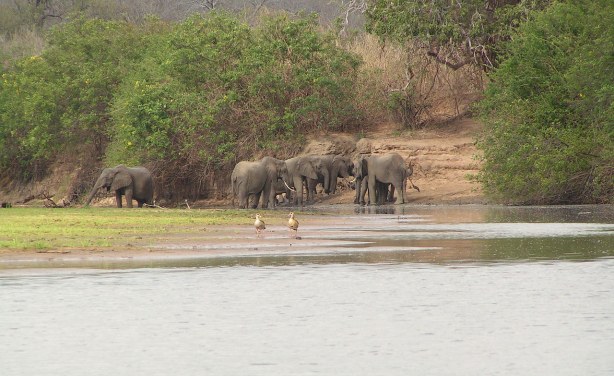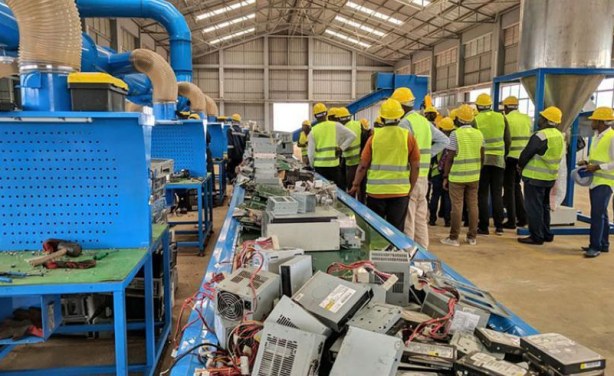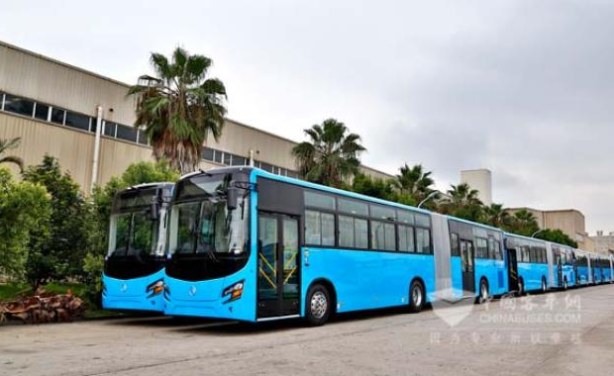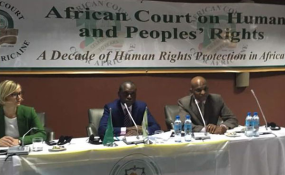Tanzania is the Most Peaceful Nation in East Africa - Report
According to the recently released 2017 Global Peace Index Report Tanzania is most peaceful and calm nation in East Africa, it ranks number nine on the continent and number 54 in the global rankings. The report also reveals that Tanzania has less weapons imports, low levels of violent crime and a decline in external conflicts fought.

TANZANIA is the most peaceful and calm nation in East Africa and ninth in the continental ranking, according to the Global Peace Index (GPI) 2017 report.
The recently released report by the Institute for Economic and Peace (IEP) ranks the country 54 out of 163 most peaceful nations on earth, with South Sudan, Libya, Somalia and Central African Republic (CAR) ranked as the least peaceful nations on earth.
According to the annual global ranking, Tanzania has climbed up by three places in the index, amassing 1.876 points. According to the Index, Tanzania has lesser weapons imports, low level of violent crimes, homicide rates, political terror scale and decline in external conflicts fought.
The institute conducted its report on peace index, covering 163 nations and using 23 criteria to analyse the state of peace based on various sources.
The main considerable variance in ranking the countries across the GPI domain is the societal safety and security, ongoing domestic and international conflicts and militarisation.
According to the report, the state of peace in the previous year improved by 0.28, with 93 countries improving as 60 others dropped. Iceland remains the most peaceful country in the world, a position it has held since 2008. It is joined at the Index by New Zealand, Portugal, Austria and Denmark.
Syria is the least peaceful country on earth, preceded by Afghanistan, Iraq, Yemen and South Sudan. 93 countries recorded improvements in the GPI while 68 deteriorated.
As Tanzania tops the EAC, Uganda is ranked at 105, Rwanda 113, Kenya 125 as Burundi is ranked 141 out of 163 nations analysed. African countries in the top ten most peaceful nations are Sierra Leone at 39 position, Ghana (43), Malawi (48), Namibia (50), Senegal (60), Equatorial Guinea (61), Togo (63), Guinea (69), Morocco (75) and Swaziland (77).
According to the report, the main reason for the deterioration of peace in the countries ranked bottom is deteriorating social peace mostly in Sub-Saharan due to increasing political and terrorism acts.











